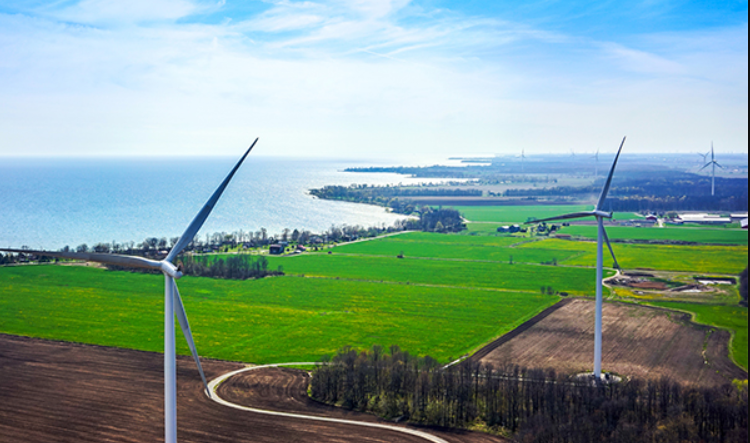
South Korean trading companies are enhancing their green strategies by decreasing their reliance on trade and bolstering environmental, social, and governance (ESG) practices, such as carbon neutrality.
The commercial division of Samsung C&T Corporation is in the lead.
In 2020, Samsung C&T was the first Korean industry company to declare independence from coal. It then progressively exited the coal trading industry.
Instead, the company decided to concentrate on solar energy, hydrogen, and secondary battery material recycling. It established Samsung C&T Renewable Energy Australia and launched its solar power business in earnest in September of last year.
POSCO International Corp. has recently merged with POSCO Energy Co. to become an all-encompassing eco-friendly business enterprise.

Green business helps Korean trading enterprises survive.
POSCO International is constructing a value chain for liquefied natural gas (LNG) and operating a wind power business in Korea, according to a company representative.
By 2027, the company intends to discover new offshore wind power projects and expand its carbon capture and storage (CCS) business in tandem with gas fields. In addition, it intends to operate the first gigawatt (GW) commercial hydrogen-fired power facility in the globe.
LX International Corp., which has been in the coal business, is also pursuing environmentally favorable initiatives, such as the supply of lithium and nickel for electric vehicle batteries.
Hyundai Corp. also announced on Sunday that Unit 6 of its solar farm in Japan began operations in March. In 2019, the company entered the Japanese solar market. Additionally, it operates six solar farms in Korea.
The increase in investments in eco-friendly companies is due to the limitations of their trading business. Additionally, Korean companies are directly penetrating the global market, reducing their reliance on general trading partners.
